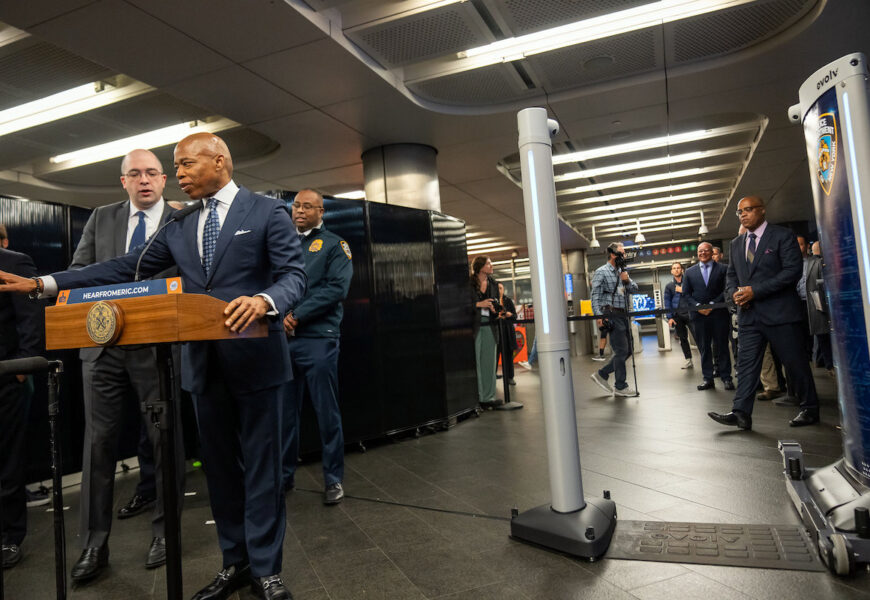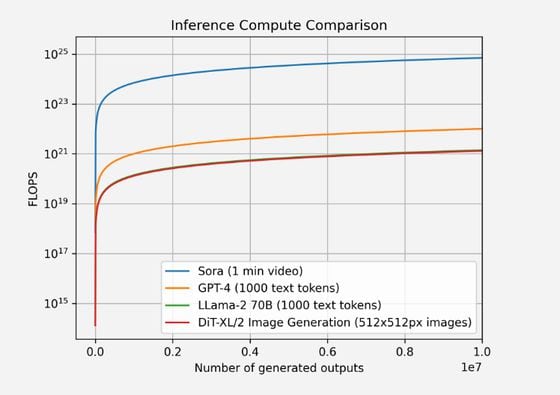Last week, Mayor Eric Adams initiated a 90-day trial period to evaluate the effectiveness of weapons scanners in New York City’s subway system. The scanners, supplied by Evolv Technology, blend physical detection technology with artificial intelligence to identify individuals carrying firearms or knives. These scanners, previously utilized in City hospitals, were showcased by Adams at a press conference held at the Fulton Street station.
During the announcement, Adams emphasized the importance of analyzing data such as hit ratio and false alarms to assess the scanners’ performance accurately. While he expressed confidence based on feedback from corporations and hospitals, he did not disclose existing data indicating a high rate of false positives from a previous pilot at Jacobi Medical Center in the Bronx.
The pilot at Jacobi revealed alarming statistics: out of 50,000 alarms triggered by the scanners during the seven-month trial, approximately 85% were false positives. Despite the continuous operation of the pilot, the accuracy of the scanners did not improve significantly, with a false positive rate of 95% in the final month. The scarce number of actual threats detected raised concerns about the scanners’ efficacy and reliability.
Daniel Schwarz from the New York Civil Liberties Union criticized the scanners for their inefficacy and potential infringement on civil liberties. He highlighted the risk of overwhelming the subway system with false alarms, potentially disrupting daily operations. Evolv CEO Peter George also expressed reservations about deploying the technology in subway environments.
The scanners operate similarly to metal detectors but focus on detecting weapons specifically, with adjustable sensitivity settings that impact the detection rate and false alarm frequency. Despite advancements in technology, concerns persist regarding the scanners’ accuracy and reliability, as evidenced by shareholder lawsuits and regulatory investigations.
While Mayor Adams hinted at exploring alternative vendors for the scanner project, the partnership with Evolv was prominently featured during the demonstration. The City Hall spokesperson clarified that the initiative aims to evaluate various technologies during the waiting period to determine the most effective solution for the pilot program.
In the evolving landscape of weapons detection technology, competitors like ZeroEyes and Patriot One are emerging, yet no conclusive evidence supports the infallibility of any weapons scanner technology. The skepticism surrounding the effectiveness of these scanners is further underscored by the lack of transparency regarding pilot results and concerns raised by privacy advocates.










